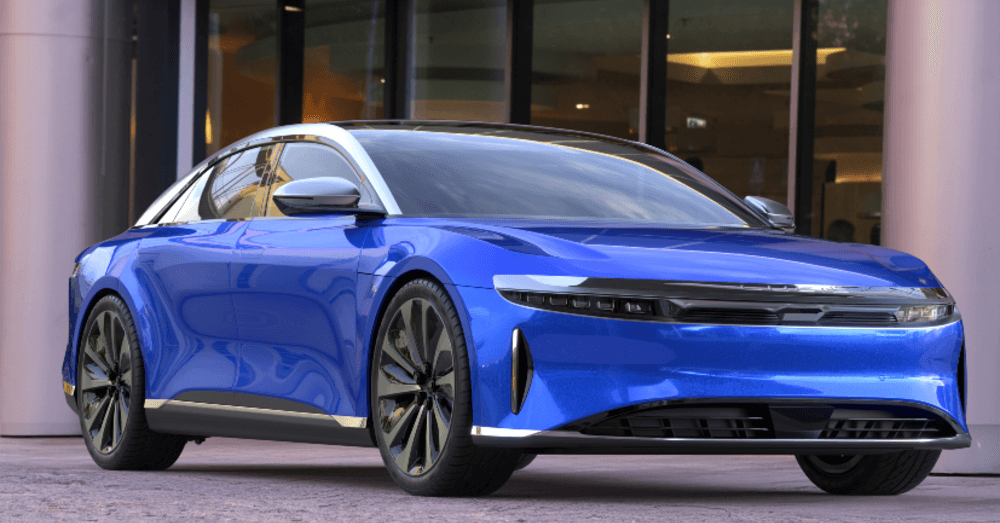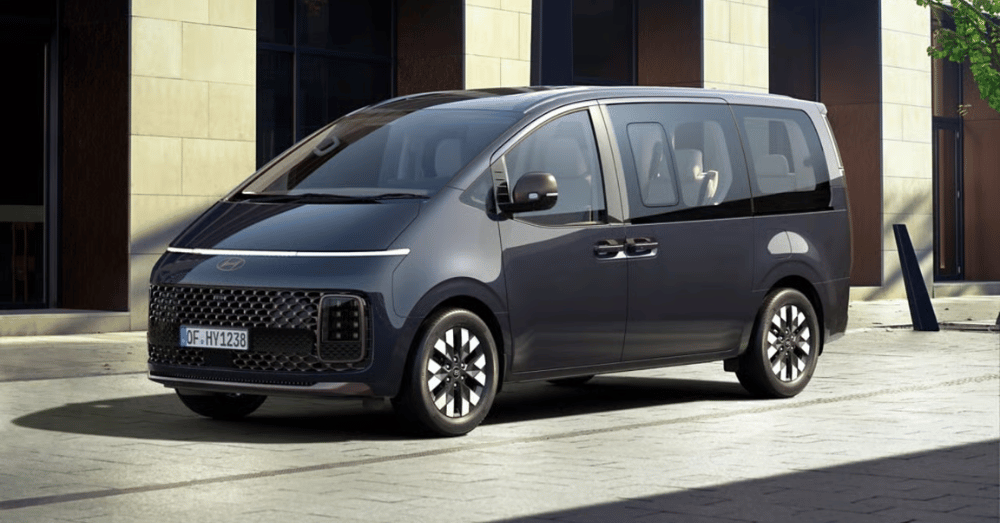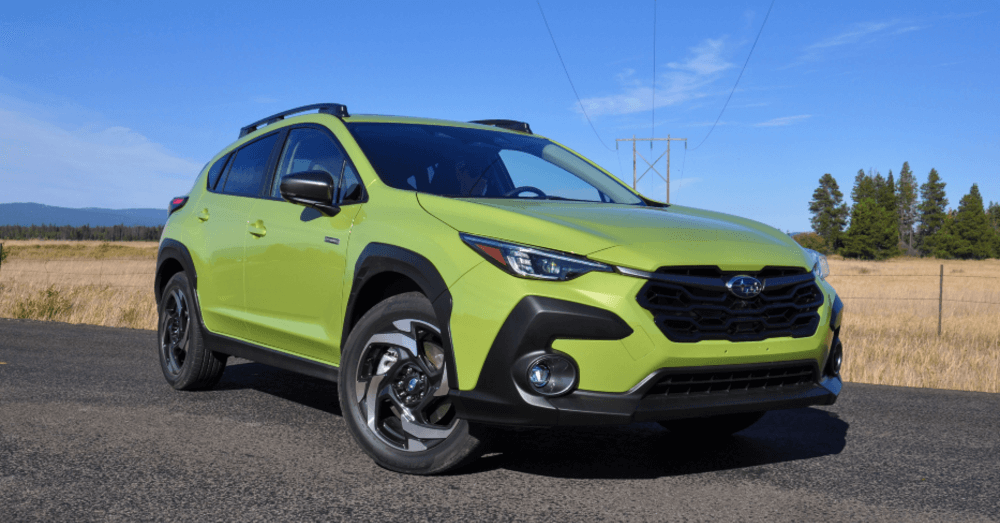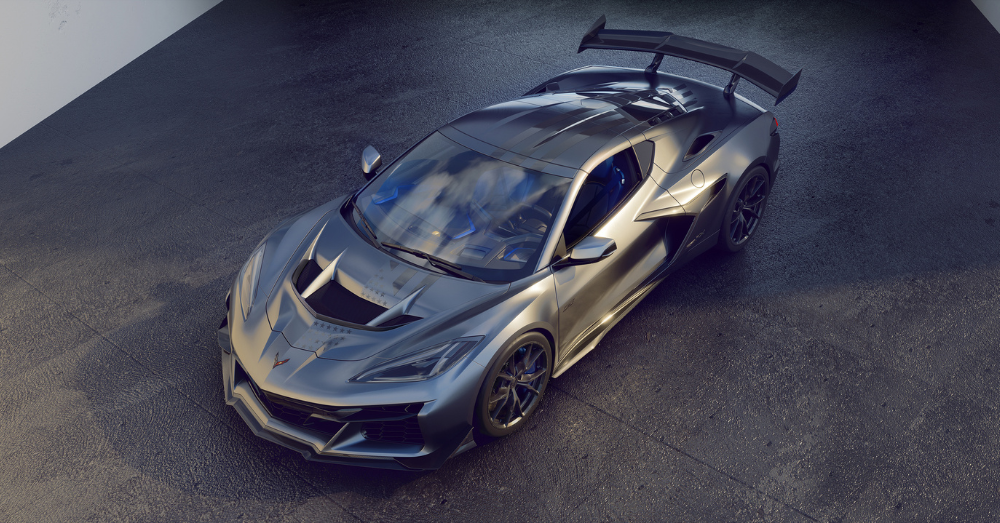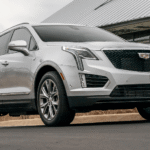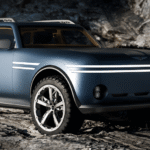BMW’s Electric Gamble: Why the Neue Klasse Could Make or Break the Brand
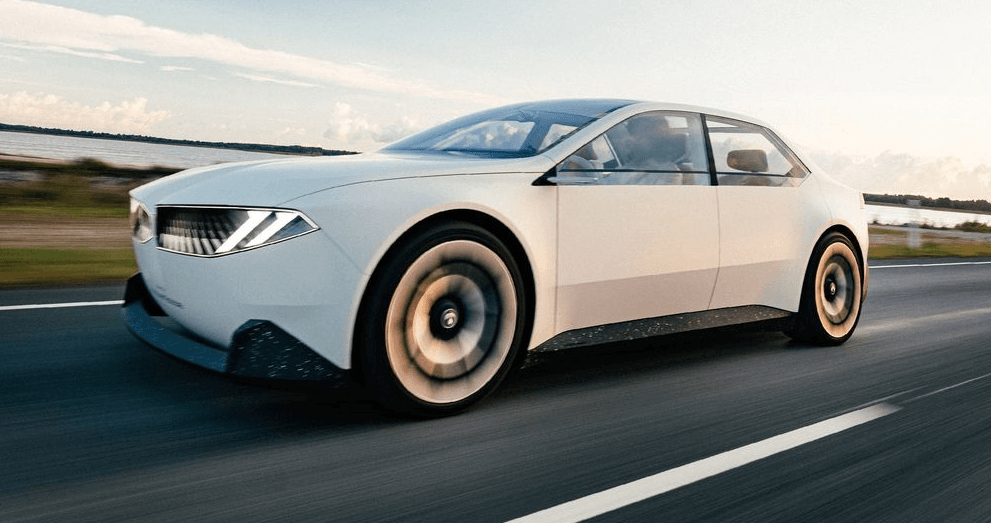
The BMW Neue Klasse electric platform could become a boom or bust for the automaker. Will this BMW EV strategy pay off and be the foundatoin of future BMW EVs?
BMW is betting big on its Neue Klasse electric platform, with new models rolling out through 2027. But with EV demand cooling and competitors circling, can this transition strategy actually work? We’ll look at what BMW is planning, why the timing feels risky, and whether traditional luxury brands can really pull off the shift from combustion engines to batteries.
Many luxury brands committed to EVs
Early electric vehicle plans involved a robust luxury EV market with many brands committed to new automotive platform development to support electric vehicles. Earlier in the decade, electric vehicle sales were growing steadily, and it seemed the strategy to build more EVs made sense, but the electric vehicle transition took a turn and slowed significantly. Because of the change in the market, the BMW EV strategy might be an extremely risky one, but the brand seems to be seriously willing to take the risk with its electric platform that could bring several new EVs to the market over the next few years.
The first models using the BMW Neue Klasse electric platform
The first couple of models that will use the BMW Neue Klasse electric platform are the iX3 electric SUV and an electric version of the 3-series, which should be called the i3. While the build is familiar, based on the current gas-powered X3 and 3-Series, the new EV platform promises faster charging times and longer driving ranges to ensure drivers have what they want. These first two BMW electric models on the new platform will likely set the tone for the future of BMW EVs.
EV manufacturing challenges are a market concern
BMW has stuck with its plan to build EVs, and as a traditional automaker, this transformation isn’t as challenging as it can be for startup EV companies. Still, a new platform and an upgraded lineup of EVs in a market that doesn’t seem to embrace them can be difficult. Thankfully for BMW and other foreign automakers, the American market doesn’t set the tone for the entire world. The European EV market continues to grow and evolve, which means BMW can focus on supporting markets outside of the United States until EVs make a strong push in America again.
The Vision Driving Experience concept shows up
Every model being built using the BMW Neue Klasse electric platform will have a control unit that is called the “Heart of Joy.” This new control unit is programmed to handle the drivetrain, braking, charging, regenerative braking, and steering functions. This should mean all systems are working well together and that these new BMW electric vehicle models will drive as good as they look.
Adding performance to the mix of BMW Neue Klasse electric platform models
BMW won’t stop with regular SUVs and sedans using an electric platform, but will take things further with a new M3 model that has already been tested to see what they can create in a performance-oriented luxury sedan. If an electric performance sedan is successful, there’s no telling where BMW will go with its electric platform. We could easily see several M models with EV power coming down the line. That might mean Tesla will have some serious competition from the BMW brand in terms of quickness and power from the BMW M Division.
What’s next?
The BMW AI car development that will go at “pretzel speed” is expected to allow it to outpace most other automakers, including Chinese automakers. It seems to be a BMW vs Chinese race when it comes to the automaker’s pace and development in the European market. Still, will the automotive coding and automation created by this BMW artificial intelligence development create more solutions or problems for the company? While developing a vehicle might take much less time, production doesn’t necessarily speed up, but BMW seems to have figured that out as well. By developing the most advanced automotive industry digitalization, BMW should be able to develop cars and get them to production faster than any other company.
Just because BMW can develop a car faster than ever before doesn’t mean production will be ready as quickly. That said, if BMW AI car development can operate at pretzel speed, maybe the production development can also operate that quickly. This could be a huge change for the brand and for the entire automotive industry, but it might also have some drawbacks that haven’t shown up yet.
Will BMW use this speedy production process and build everything using the BMW Neue Klasse electric platform for future models? Is this too risky, or is it the right move for BMW?
This post may contain affiliate links. If you buy products through these links, we may receive a commission, at no additional cost to you.

